SUMMARY
This is AI generated summarization, which may have errors. For context, always refer to the full article.
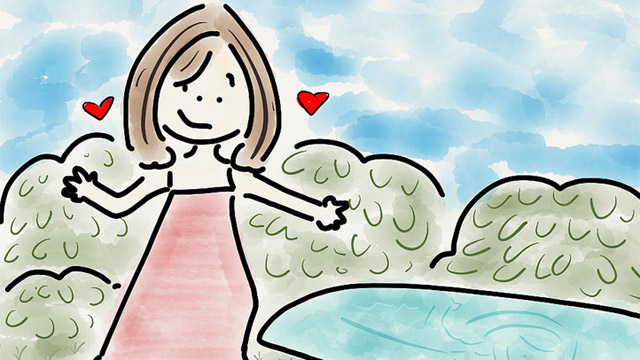
I was recently interviewed about my thoughts on selfies for a segment on the TV5 show Reaksyon, because of the Selfie illustration series I started a few weeks ago.
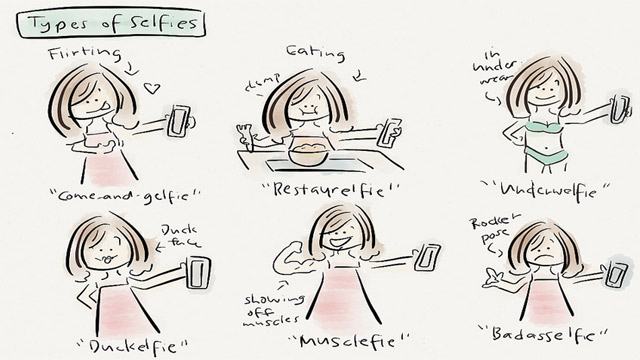
Not so surprisingly, that same segment also showed a psychologist who mentioned that extreme selfie-taking could be a sign of a narcissistic personality disorder.
It’s easy to throw the word “narcissist” around these days, especially with people showing an almost alarming amount of self-absorption all over the Internet. But is every enthusiastic selfie-taker — who lives or dies by the number of Facebook likes he/she receives — necessarily a narcissist? I think not. Neither do I think that all narcissists are immediately identifiable as such.
Carl Vogel, in Pyschology Today says, “A narcissist can be hard to identify, in part because he is likely to be much more fascinating than you would expect for someone so self-absorbed, and in part because you wouldn’t think someone with such self-regard could be so defensive and needy.”
Narcissism (as a personality disorder) is also a lot more complex than we realize. Apparently it goes far beyond just the obvious manifestations of a desperate need for validation and admiration.
So how do you tell if you’re a narcissist for real? Here are 7 warning signs:
1. You’re a rotten listener.
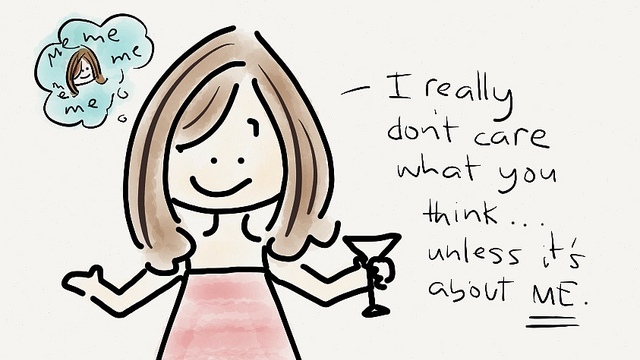
Narcissists tend to be very one-sided when it comes to discussions. And the one side they focus on, of course, is theirs. All conversations center on “me, me, me.” Instead of seeking to understand or respond, narcissists “dismiss, negate, ignore, minimize, denigrate or otherwise render irrelevant other people’s concerns.” (Source here)
2. You put other people down to make yourself look better.
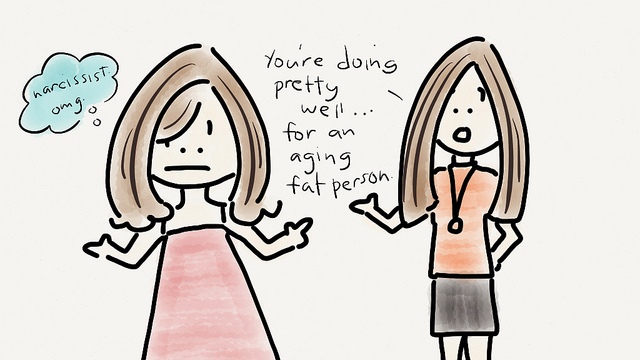
Dr Craig Malkin calls this “projected feelings of insecurity” and explains that “narcissists say and do things, subtle or obvious, to make people feel less smart, less accomplished, less competent.”
There’s a quote I once saw that goes like this:
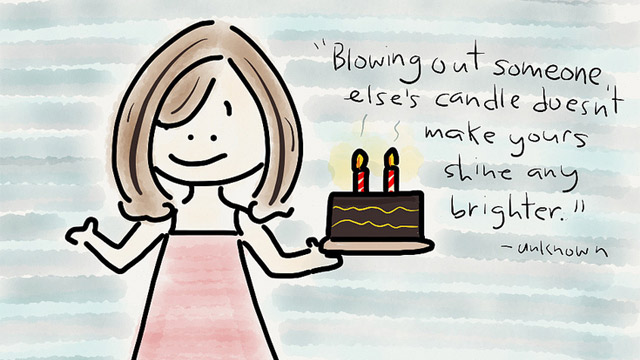
And that’s exactly what narcissists do. They downplay (or downright diss) the talents and achievements of others, thinking that it will make their own seem more impressive.
3. You think rules don’t apply to you.
My sister-in-law, who is a flight attendant, once told me a story about a rather famous blogger who went berserk on a flight, simply because he was (nicely) told that he couldn’t transfer to a premium seat just because it was empty.

Narcissists tend to believe that because they’re so special, they’re above the rules and conventions that apply to regular folks. They also hate feeling controlled in any way, so rules (or even worse, commands) are either ignored, or result in irritation, resentment or anger.
4. You can’t handle criticism.
“Narcissists paradoxically manifest an inflated idea of their own importance, yet are quick to feel deflated by negative feedback. In addition, because they think everything is about them, they hear others’ attempts to talk about personal feelings as veiled criticisms of themselves.” – Psychology Today
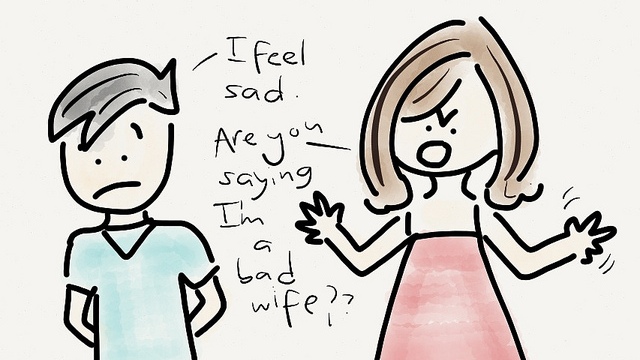
As far as narcissists are concerned, they are never to blame when something goes wrong. Anything that threatens to puncture the bubble of their extreme specialness is considered the enemy, and any criticism (real or perceived) results in anger and finger-pointing.
5. You idol-worship.

According to Dr Malkin, a common but less recognized narcissistic tendency is the habit of putting people on pedestals. “The fact that no one can be perfect is usually lost on the idol-worshipping narcissist,” Malkin says. “The logic goes a bit like this: ‘If I find someone perfect to be close to, maybe some of their perfection will rub off on me, and I’ll become perfect by association.’”
6. You hide or lie about your childhood and family history.
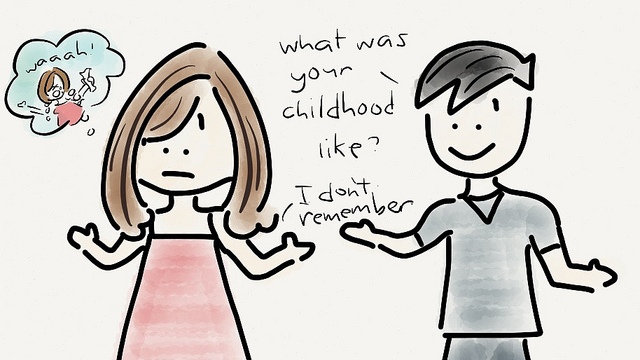
Without going into detail (because I might get into trouble – hehe) let me say that I have a relative who was exiled from the country for several years because she wrote the biography of a very famous person. The biography was actually complimentary, but said famous person was not a fan because it revealed that she came from a more modest background than she let on. This is pretty common behavior for narcissists, who more often than not are the result of a difficult or problematic history.
“Narcissism seems to be born of neglect and abuse, both of which are notorious for creating an insecure attachment style. Insecurely attached people can’t talk coherently about their family and childhood; their early memories are confused, contradictory, and riddled with gaps. Narcissists often give themselves away precisely because their childhood story makes no sense, and the most common myth they carry around is the perfect family story.” – Craig Malkin
7. You have a desperate need to always be in control.
Narcissists feel the need to maintain a sense of perfect autonomy and a feeling of total independence. They hate having to admit that they can be affected by anyone or anything outside of themselves. This will sometimes manifest itself into a fear of showing emotions.
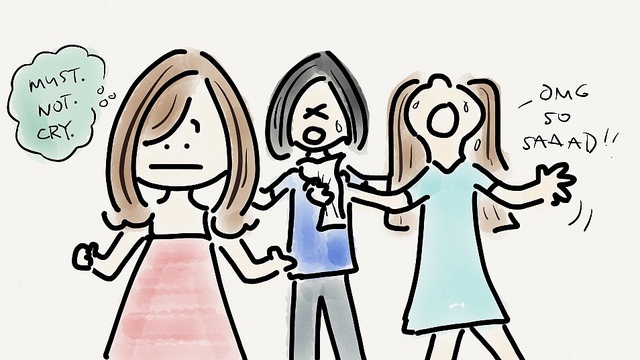
It can also lead to manipulative, controlling and abusive behavior.
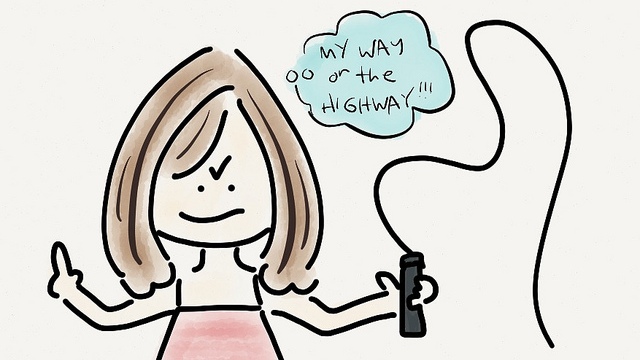
If their manipulative and self-centered ways mean that people might not like them very much, that’s not really a problem to narcissists. “It’s not so much being liked. It’s much more important to be admired. Studies have shown narcissists are willing to sacrifice being liked if they think it’s necessary to be admired,” says Roy Baumeister, a social psychologist at Florida State University in Tallahassee.
I have to admit that as unsavory as the descriptions above may have sounded, I actually saw a little of myself in there. How about you? If you did find out that you might, in fact, be a bit of a narcissist, well, don’t go blaming ME or anything. 🙂
I’m kidding, of course. Truth is, if you really were a hardcore narcissist, all this would probably just roll off your back. So if you feel the need to check yourself, then there’s still hope. Just remember, as amazing as it may feel to be admired, it’s really not the be-all and end-all of existence. And if the admiration you receive is based on something that’s fabricated purely for the purpose of feeding a need for validation, then that’s a pretty empty reward.
It is far, far better to be honest and real than it is to be impressive. – Rappler.com
Add a comment
How does this make you feel?
There are no comments yet. Add your comment to start the conversation.